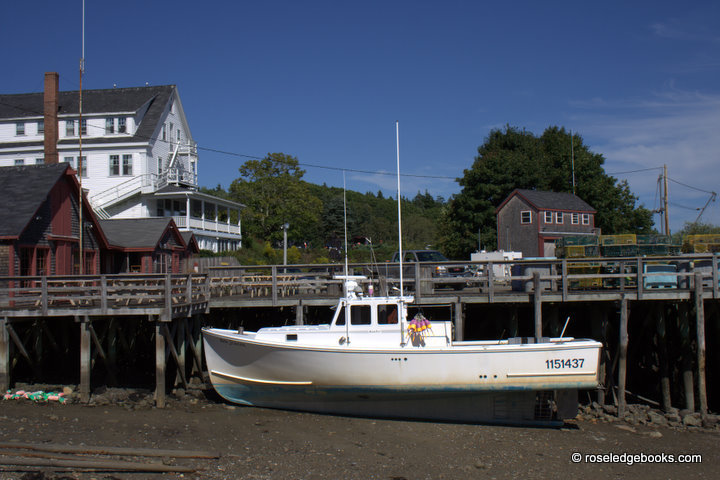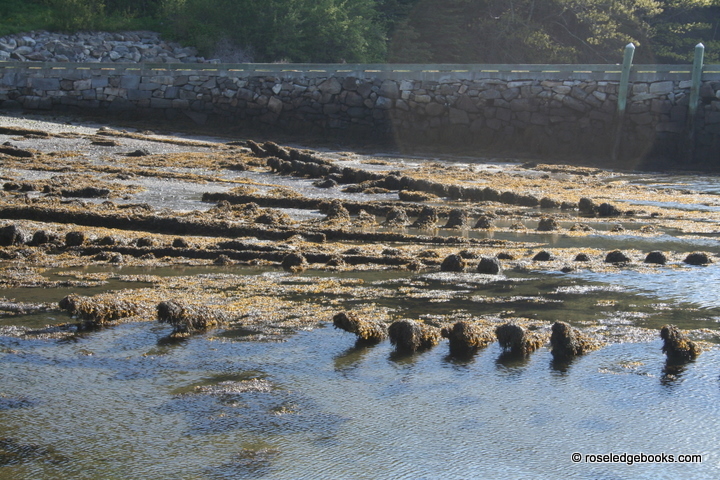Is it okay to use Google when working the NYT crossword puzzle?, I asked.
And they answered, ” Never.” ” Only on Saturday.” “Only for proper nouns.” “Why not?”
The question arises mostly because it is fun to argue on a lazy, hot summer afternoon. Recently, though, it came up when researchers fretted and studied whether Google, with its ubiquitous availability, is hurting our ability to remember things. It’s not a new question. I think I remember that St. Augustine was faced with the same worry when, in the 4th or 5th Century, he codified Church rules — or maybe he developed a bibliography or both — and the Powers fretted (“Never”) that members would not remember the rules because they could always look them up — if they could read, if they cared. Sixteen hundred years later, librarians thrive in an information-glutted world knowing where to look for answers to their own and the questions of others.(” Only on Saturday” “Only for proper nouns”) And Google is just one source. (“Why not?)
The question now is not “do you recall something” but rather “do you know which is a good — or the best — source to find the something you do not recall?” And in this search for and browse through best available sources comes new learning, even a speculation or two. Oh the joy! Oh the answer to a clue in the crossword puzzle!
Mostly, Google searching is fact-checking, with context a by-product of the many listings, a little like the card catalog of old. Most of us need some kind of context or scheme to cluster odds and ends so they make sense. Because (I think) it has one such scheme which might be useful, Jonathan Spence’s The Memory Palace of Matteo Ricci lurked on RB shelves waiting for me to finish this year’s series continuations* and then — whoosh — it was gone to an alert reader who spotted it hiding underneath several unlike books. Careful browsing is the hallmark of a real reader in a good bookstore. RB has the former and surely is the latter.
I have ordered another copy. Cross your fingers that it is not currently out-of-print in paperback, as are Blair Fuller’s Art in the Blood, Claire Mowat’s The Outport People, Marilyn Dwelley’s Spring (and Summer and Fall) Wildflowers of New England, Celia Thaxter’s Island Garden with watercolors by Childe Hassam, etc., etc., etc. But I am getting carried away.
It’s a very slow summer. This makes seeing those of you who come, even after ten years, even more fun. You in the nation’s MANY hot spots are missing out on breezes, wine on the porch with the last of the native carrots small enough to be an hors d’oeuvres, and the first wild blueberries on the low bushes by the driveway. New books get shelved tonight, always a fun exercise in reader aesthetics and best marketing efforts. How many readers asking for multi-generational books does it take before a little section emerges? How faded or yellow does an older new book have to be before it goes in the $1.00 basket? Should Finnish mysteries be grouped with Scandinavian mysteries? Is mention of “that painter from Maine” enough to put a mystery involving art critics next to Wyeth books on the art table? I love this stuff.
Can you see the ripening high-bush blueberries increasingly in the center of the webcam? Yum and strong hearts.
*Latest series continuations to read: C. J. Box (Wyoming game warden, Joe Pickett), Catherine Coulter (FBI Couple), Margaret Maron (North Carolina judge, Deborah Knott) , Daniel Silva (Israeli art restorer, Gabriel Allon), right after I finish Lee Vance’s Garden of Betrayal, not in a series that I know.



1 across: ‘Won two academy awards in the 1980s’
1 down: ‘Was drummer in the band _______.’
Yep; Google, here I come.
My unabashed lookups: entertainers, whether screen or ballfield.